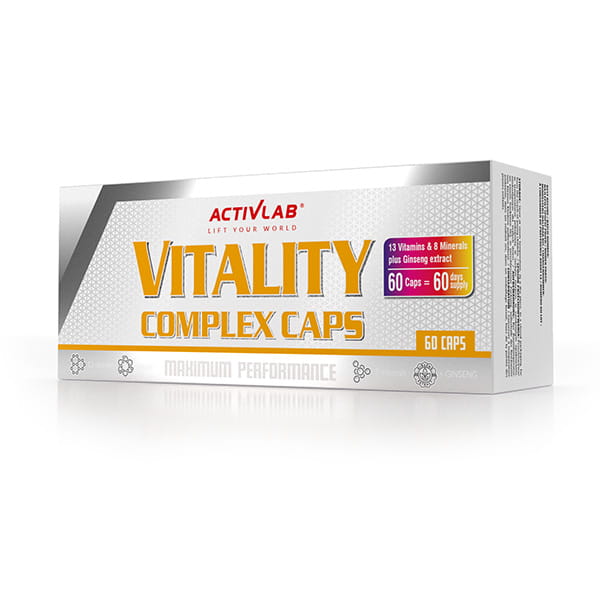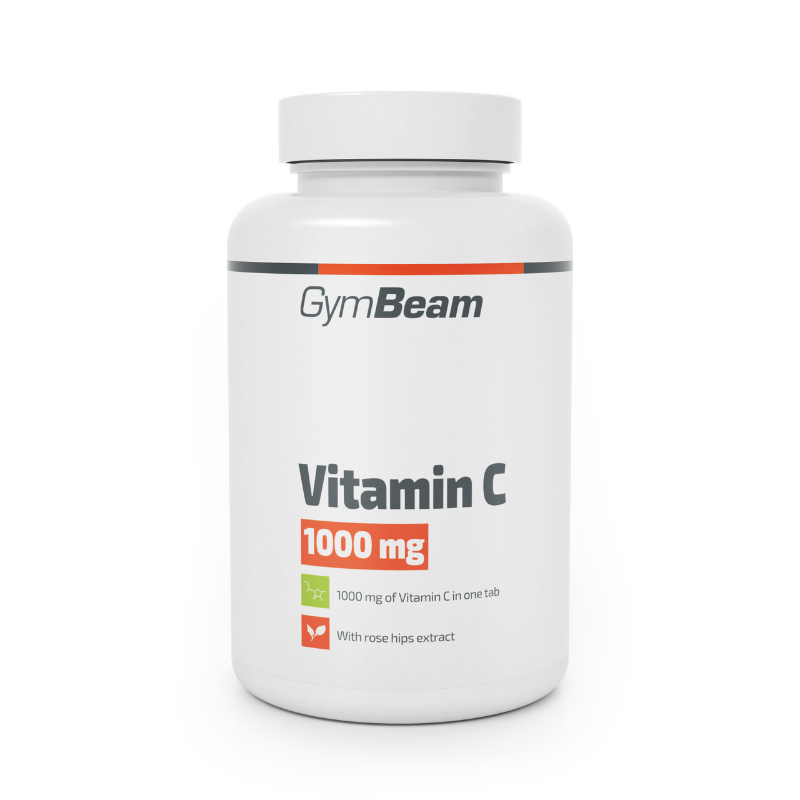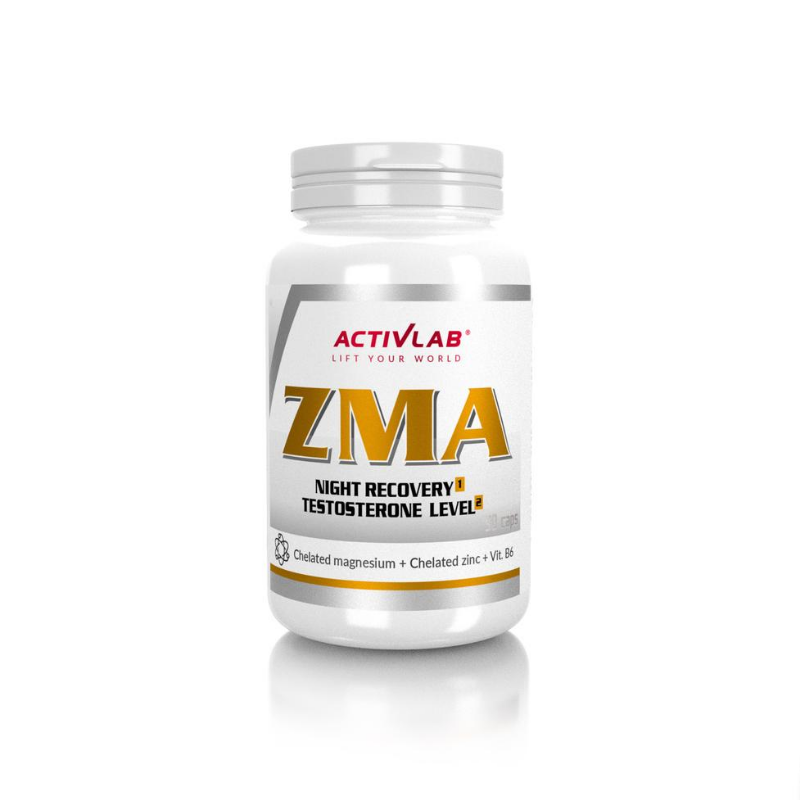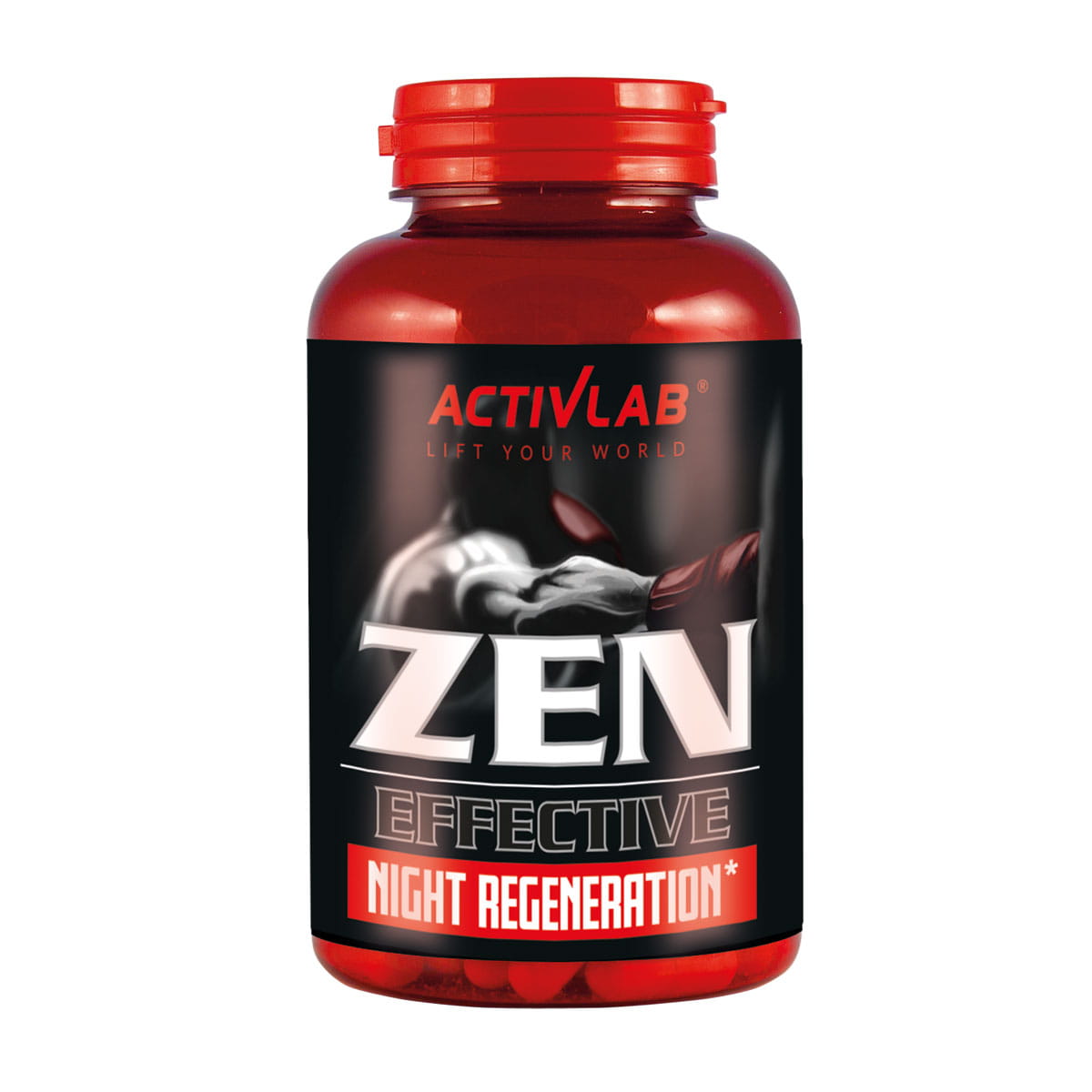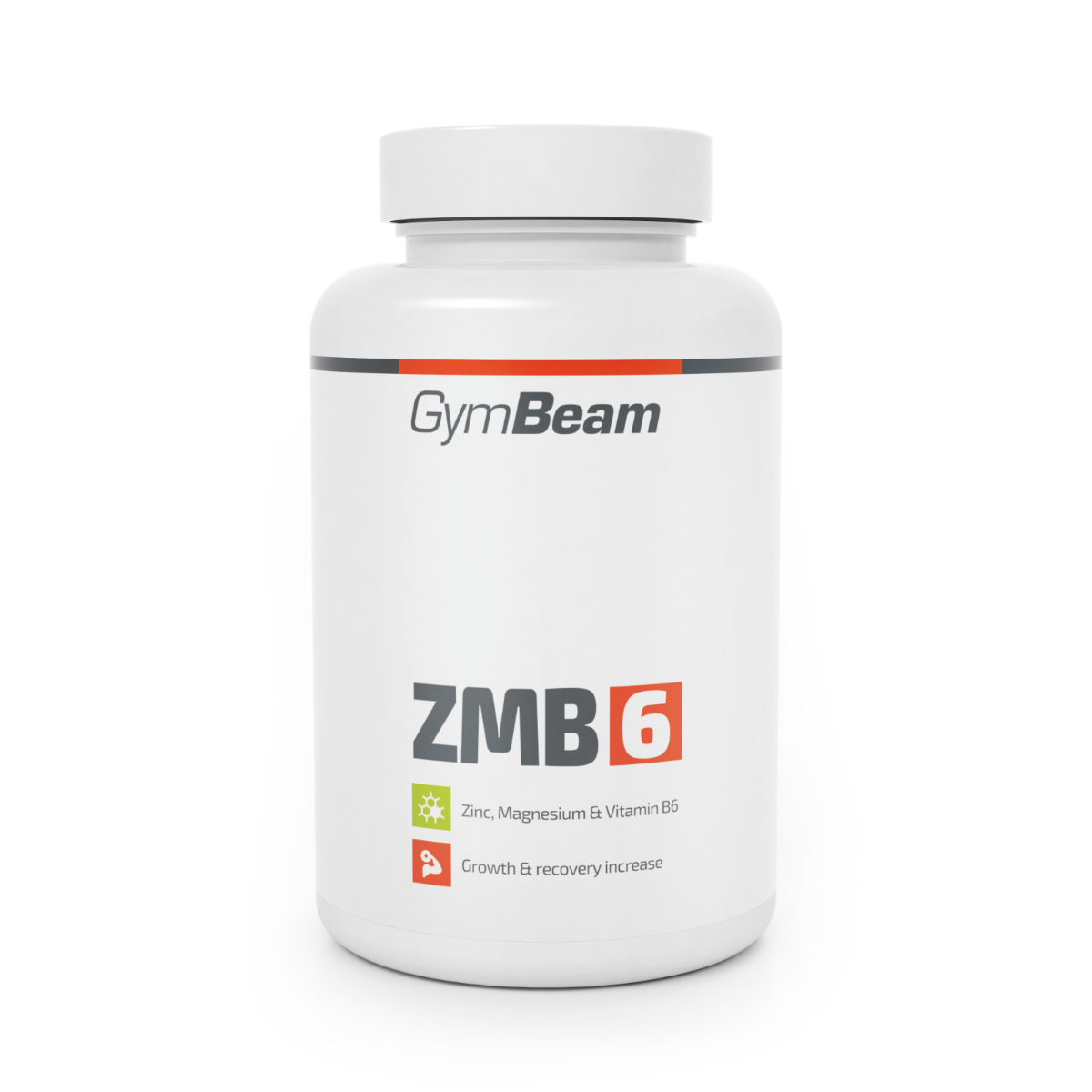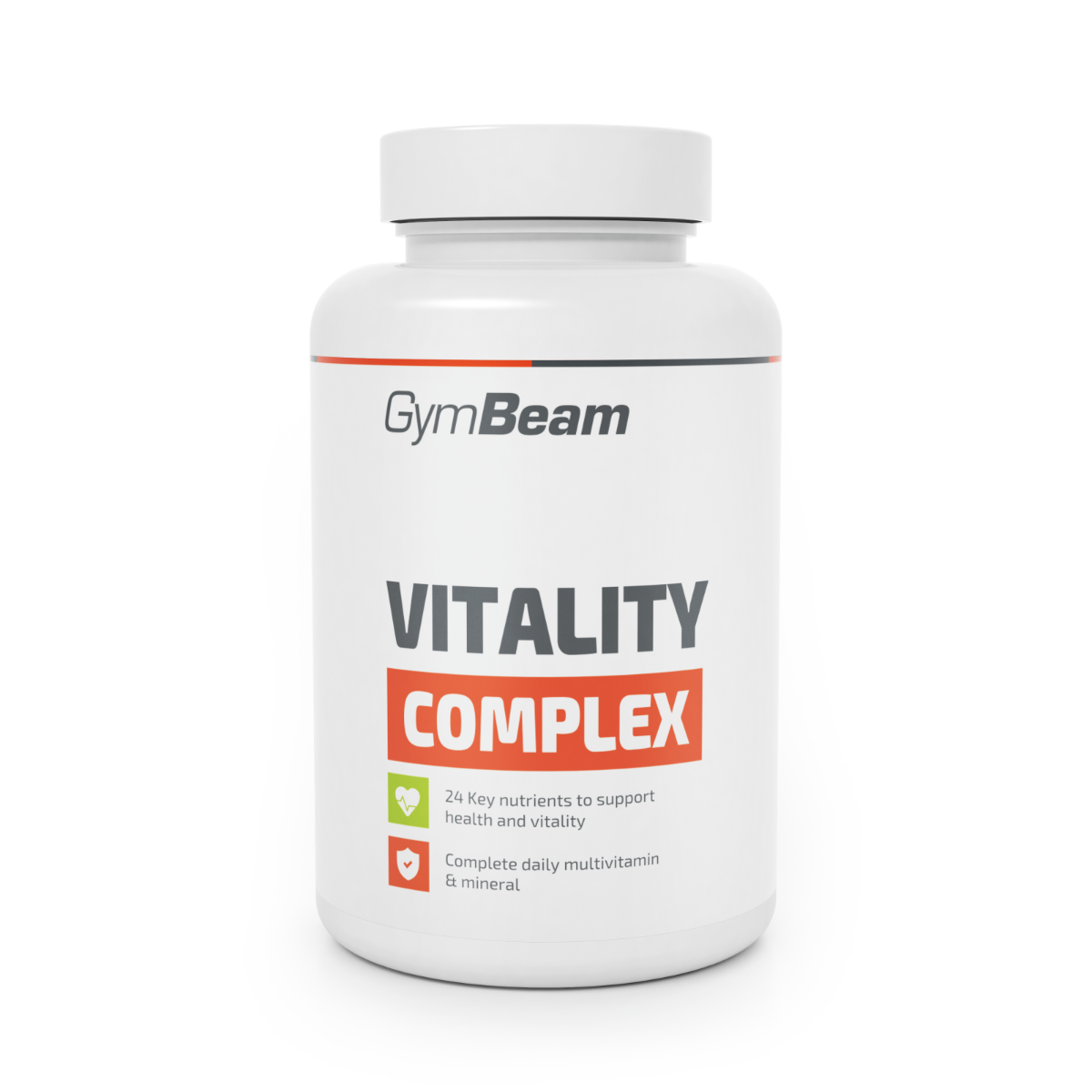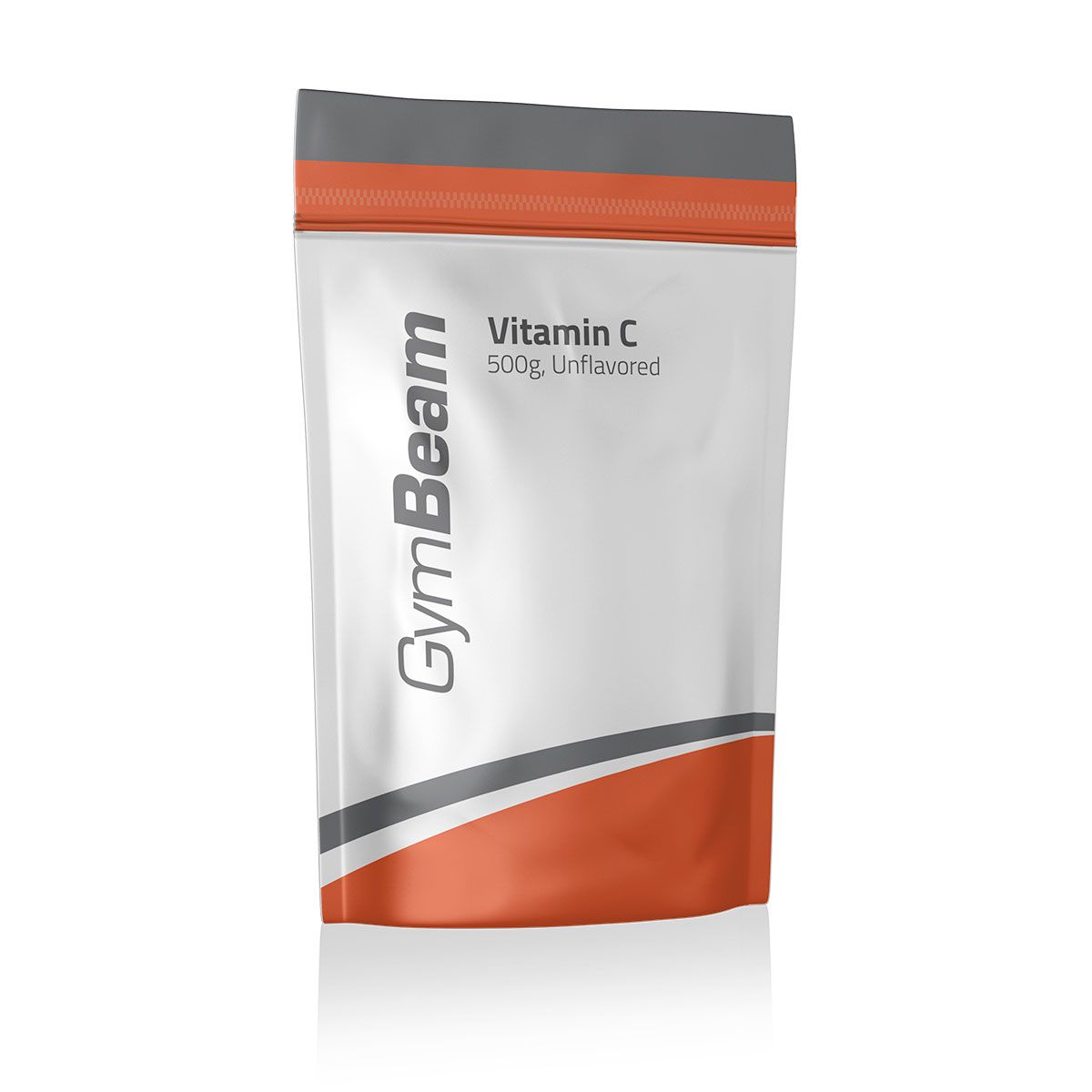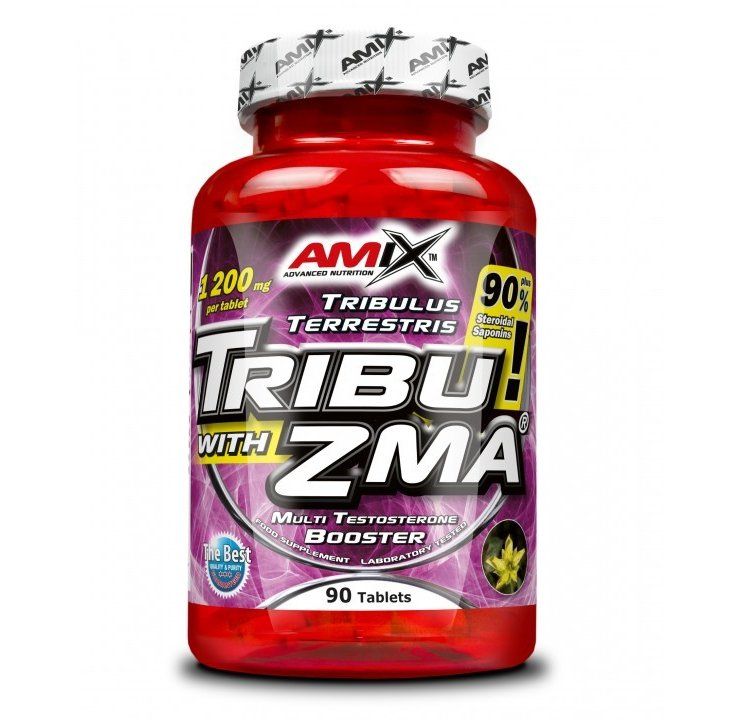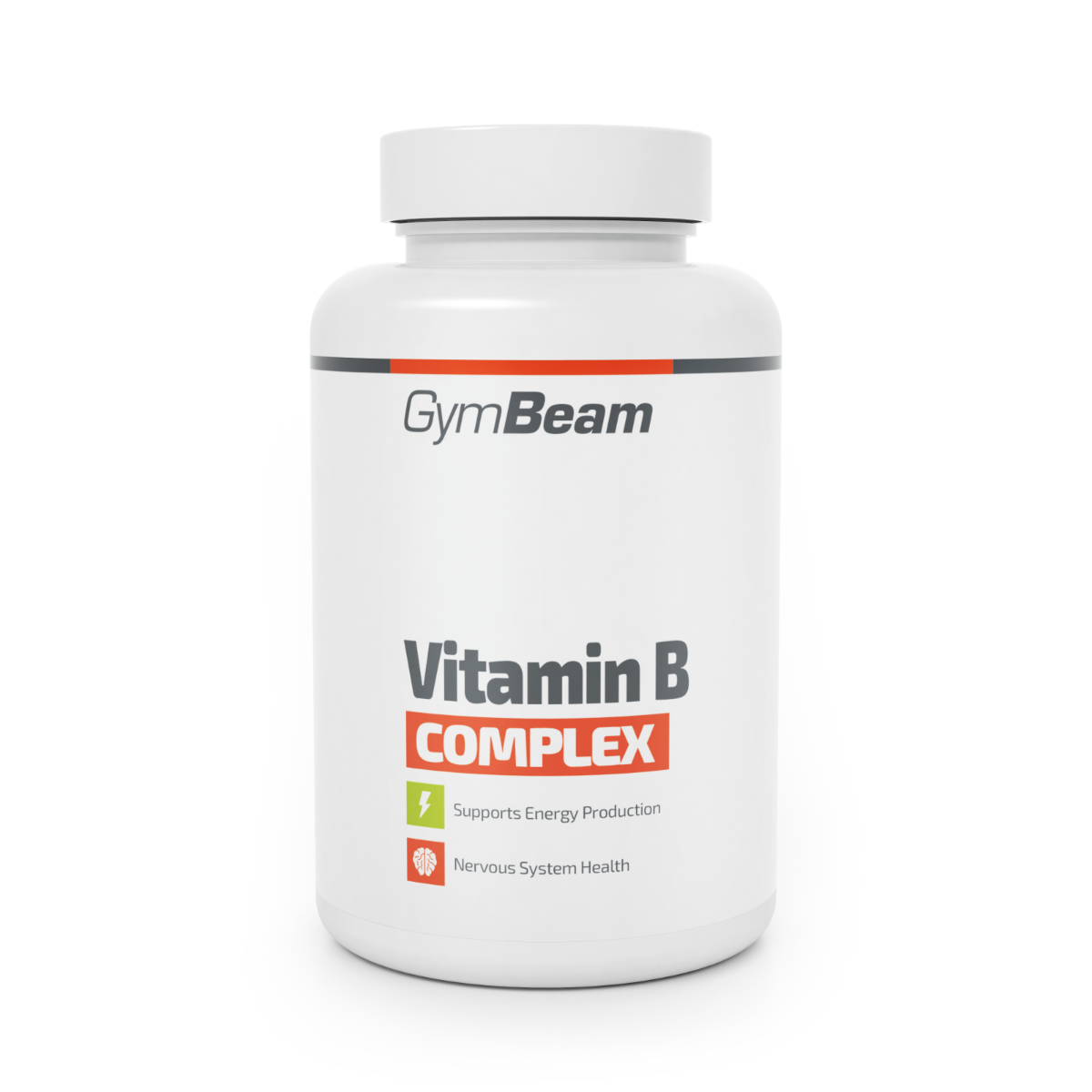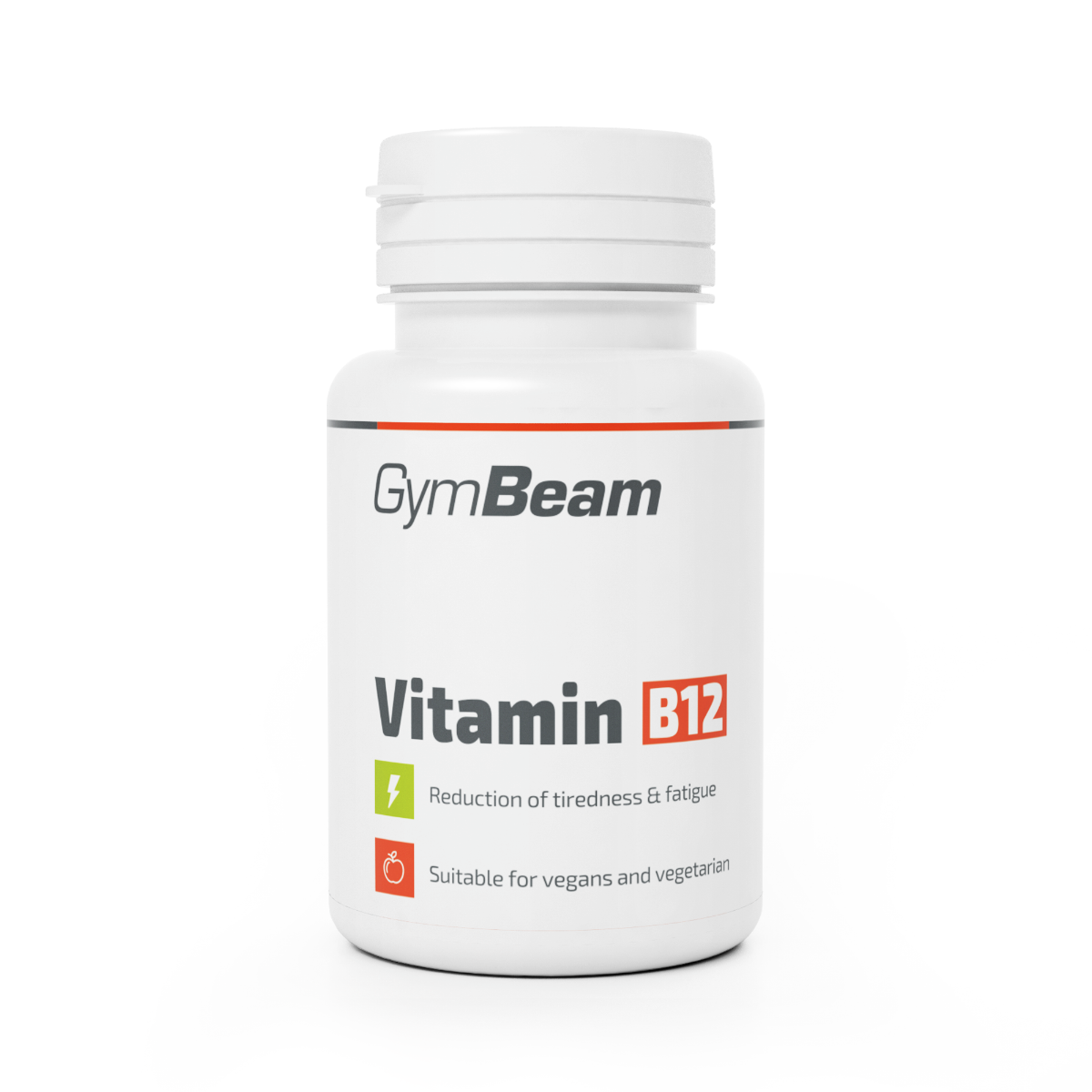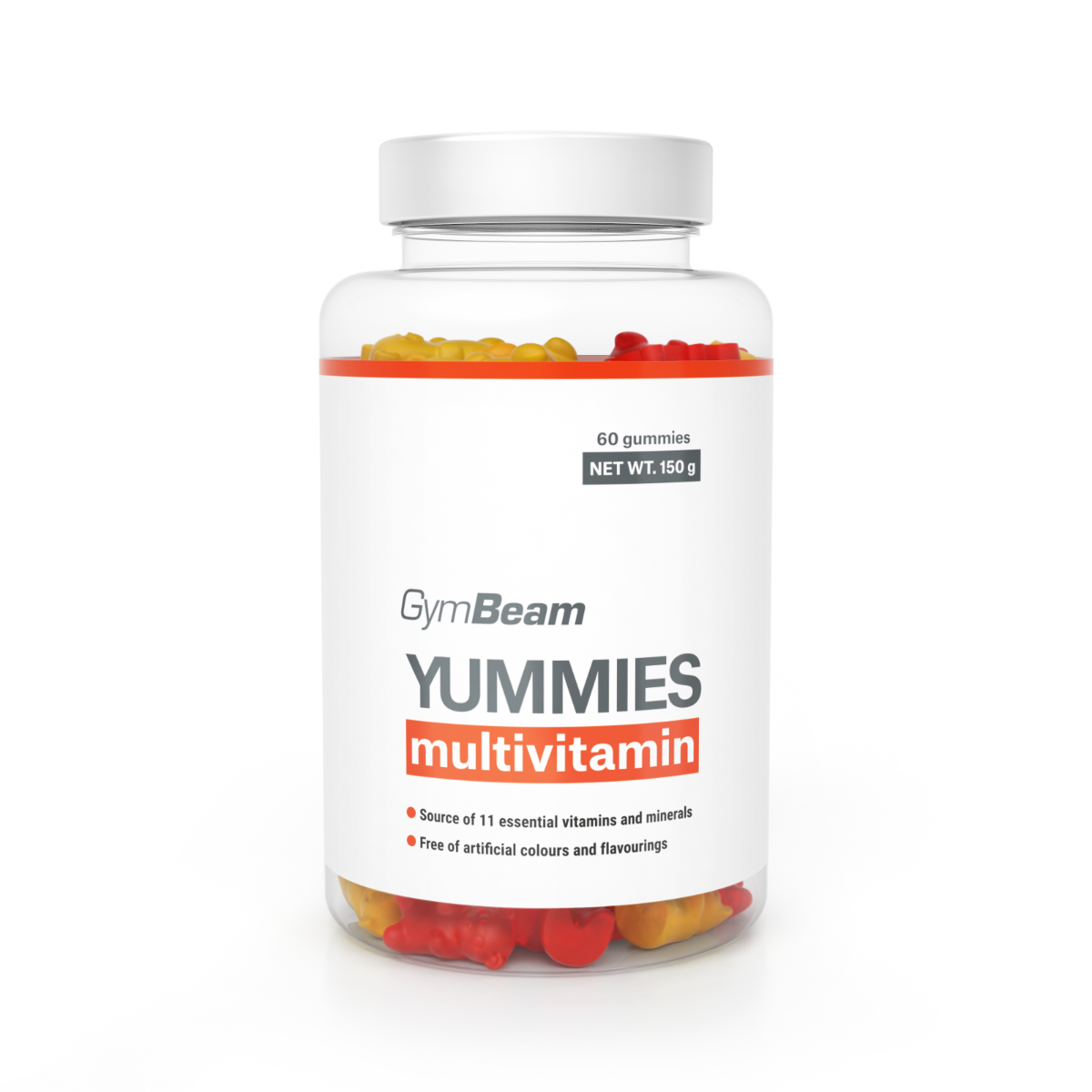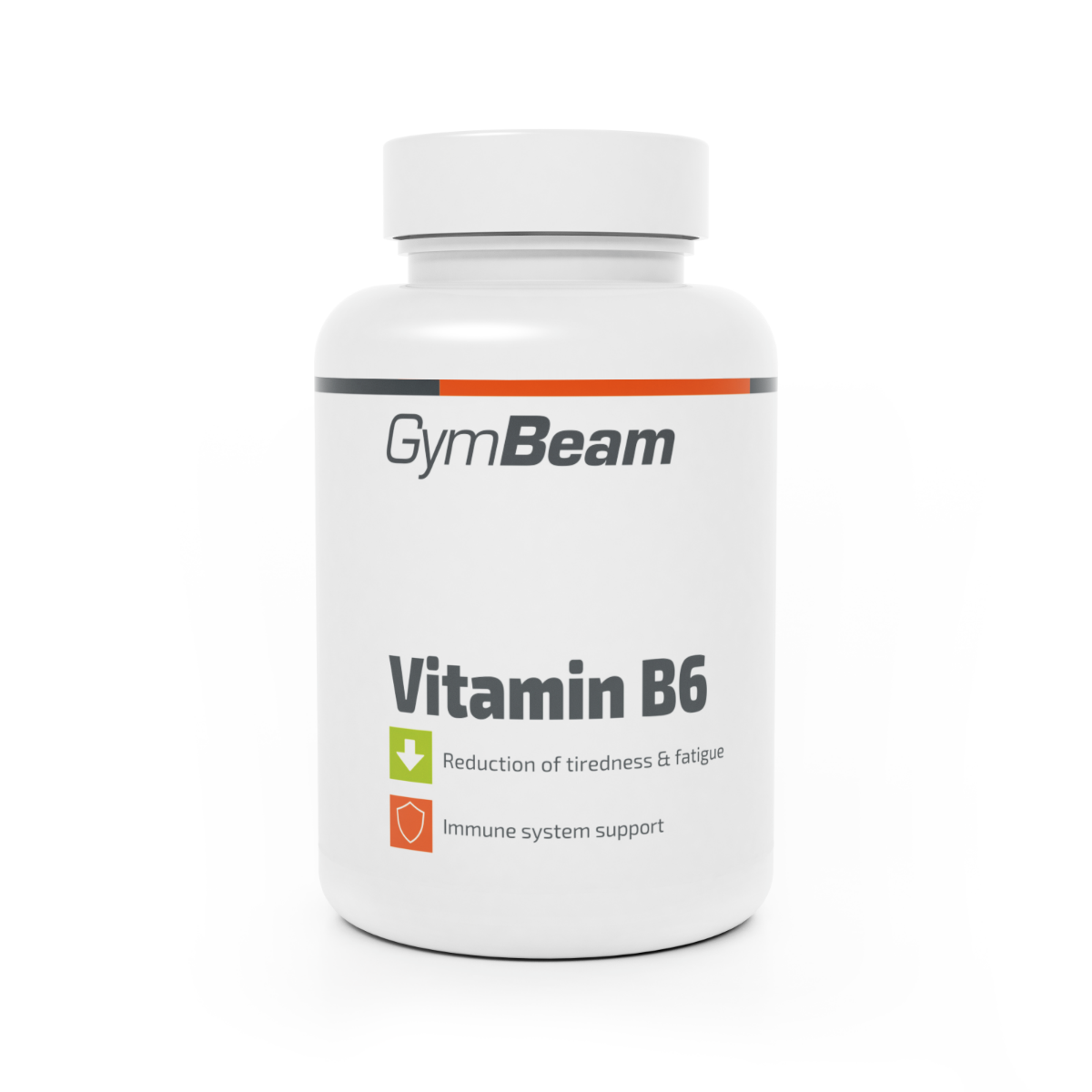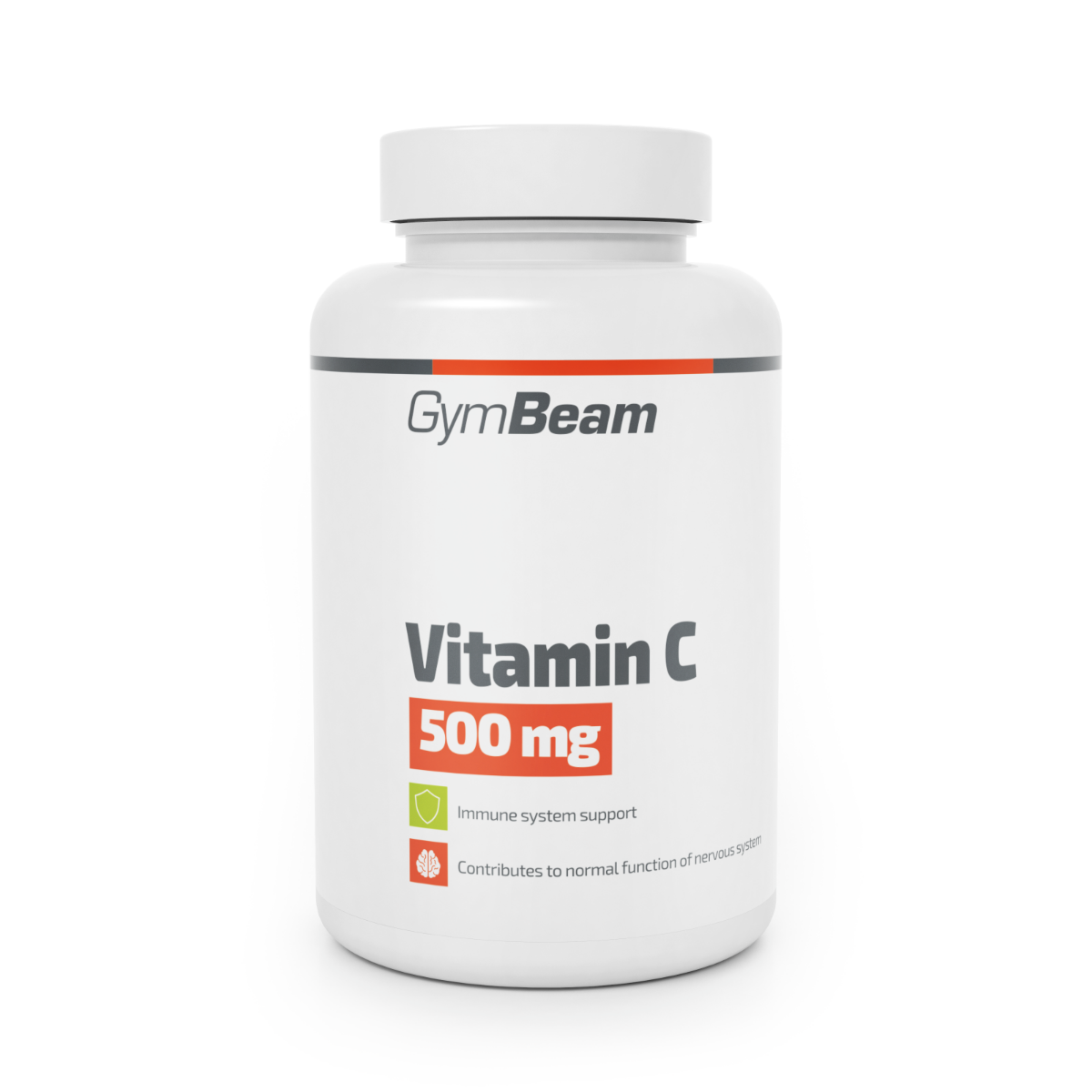is a category of products that contain essential nutrients. The body can not produce them on its own, and thus it is important to replenish them regularly. Vitamins can be described as a group of compounds that participate in all metabolic processes in the body. Their sufficient intake is therefore absolutely crucial for the proper functioning of all vital functions. Vitamins affect, for example, growth, regeneration, digestion, energy production from the intake of nutrients, the nervous and immune systems as well as other critical processes.
The intake of vitamins should usually range between tens of milligrams or just a few micrograms per day. The amount that your body requires depends on gender, age, energy intake, level of activity, degree of stress, and a number of other factors. In this category you will find all the necessary vitamins for kids, adults, athletes, non-athletes and anyone who would like to support their health and vitality.
What types of vitamins are there?
Vitamins are divided according to their solubility into two categories:
- Fat-soluble vitamins – are bound to dietary fat, which they require in order to be properly absorbed. The body then stores them in reserve for future use.
- Water-soluble vitamins – are more readily absorbed than fat-soluble vitamins. Once ingested, they do their job in the body and any excess amount is excreted. However, in most cases, the body is not able to store them in reserve. Thus, their deficiency will manifest earlier than in the case of fat-soluble vitamins.
Fat-soluble vitamins: function and recommended daily intake
Each vitamin performs a different function in the body, which we will take a look at in more detail. At the same time, we will also get acquainted with the recommended daily intake according to EFSA and DACH.
- Vitamin A (retinol) is an important antioxidant that helps protect cells from oxidative stress. It plays an essential role in the body, as it participates in the process of cell specialization and iron metabolism. However, it also has an effect on maintaining the health of mucous membranes and skin, as well as good eyesight. In addition, it is also essential for the immune system. The recommended daily intake is between 650-850 µg.
- Vitamin D (calciferol) is often talked about in connection to the sun. For this reason, its deficiency can be a problem during winter months, when your skin is less exposed to the sun's rays, and you spend more time indoors. Its effects include supporting proper immune functions, promoting the process of cell division and maintaining the health of teeth, bones, and muscles. In addition, it contributes to the proper absorption of phosphorus, which may also be related to the effect on bone functions. The recommended daily intake is around 15-20 µg.
- Vitamin E (tocopherols and tocotrienols) includes 8 different compounds, which are characteristic by their strong antioxidant activity. Their main function is to protect cells from oxidative stress and the resulting damage. The recommended daily intake is between 11-15 mg.
- Vitamin K (phylloquinone, menaquinone) is intriguing in that it is also produced by bacteria in the digestive tract (large intestine), which help the body with its sufficient intake. The main function of vitamin K is to promote optimal blood clotting and maintain the health of bones. The recommended daily intake is around 60-80 µg.
Water-soluble vitamins: function and recommended daily intake
The second group of vitamins consists of those that are water-soluble, which also have an important role in the human body. In addition to their function, we will once again list their recommended daily intake according to EFSA and DACH.
- Vitamin B1 (thiamine) is needed for the production of the base form of energy in the form of ATP, which powers every physical activity. In addition, it also has an effect on proper functioning of the nervous system and mental well-being. That said, we must not forget that it also contributes to proper heart function. The recommended daily intake is 0.84-1.3 mg.
- Vitamin B2 (riboflavin) participates in enzymatic functions of the antioxidant system. Moreover, it contributes to the proper function of metabolism, which is significant for energy production. It also affects our mental well-being, proper iron metabolism and protects the cells from oxidative stress. In addition, it helps with maintaining healthy mucous membranes, red blood cells, skin, good eyesight, and also helps reduce fatigue and exhaustion. The recommended daily intake is 1-1.6 mg.
- Vitamin B3 (niacin) is important for every cell in the body. This is because it has an effect on the proper function of metabolism, which is indispensable for energy production. Apart from that, it also beneficially affects the nervous system, mental well-being and helps reduce both fatigue and exhaustion. However, it also contributes to the maintenance of healthy skin and the preservation of healthy mucous membranes. The recommended daily intake is 11-16 mg.
- Vitamin B5 (pantothenic acid) is involved mainly in the synthesis and metabolism of steroid hormones, vitamin D and some neurotransmitters. In addition, it helps reduce fatigue, exhaustion and promotes optimal mental performance. It also contributes to the proper function of metabolism, which is important for energy production. The recommended daily intake is 5 mg.
- Vitamin B6 (pyridoxine) participates in the utilization of glycogen in the body, which is necessary for energy supply during physical performance. What's more, it also contributes, for example, to the regulation of hormonal activity, proper immune functions as well as the optimal production of red blood cells. On top of that, it helps reduce fatigue, exhaustion, supports mental well-being and proper nervous system function. Furthermore, it promotes metabolism, which is essential for energy production. The recommended daily intake is around 1.4–1.7 mg
- Vitamin B7 (biotin, vitamin H) binds itself to proteins in the diet, but has an effect on the metabolism of all macronutrients in the body. He is equally involved in promoting mental well-being and proper nervous system function. Vitamin B7 is also very popular among women, as it is involved in maintaining healthy hair and supple skin. The recommended daily intake is 40 µg.
- Vitamin B9 (folic acid, folate) plays an important role in the body, as it participates in the synthesis of nucleic acids during the production of blood cells. This vitamin is mostly the point of interest of pregnant women, since it is critical during the development and growth stage of the fetus. In addition, it also helps with reducing fatigue, exhaustion and supporting the immune system. Apart from that, it participates in the process of cell division and the production of blood cells. The recommended daily intake is 300-330 µg.
- Vitamin B12 (cobalamin) stands out due to the fact that the body is able to store it in reserve in large quantities. This leads to the possibility of our liver having 2000 times higher amount of this vitamin than it's really needed. Thus, its deficiency might manifest only after a few years. It also contributes to maintaining proper mental health and the function of the nervous system. In addition, it affects the production of red blood cells and also plays a role in the process of cell division. The recommended daily intake is 4 µg.
- Vitamin C (ascorbic acid) is primarily associated with beneficial effects on the immune and nervous systems, as well as mental well-being. However, these are not its only functions. It also participates in protecting cells from oxidative stress and reducing fatigue. Moreover, it is essential for the absorption of iron and the optimal production of collagen (the main protein that forms connective tissues). Collagen is important, for example, for the health of skin, teeth, bones, cartilage, and blood vessels. The recommended daily intake is 95-110 mg.
What forms of vitamins are there?
- Capsules and tablets – no need for anything extra, just swallow them.
- Effervescent tablets – they usually taste great and can be used to add variety to your water intake
- Powdered blends – similar to effervescent tablets, they are a great way to diversify your fluids intake when you mix them together with water.
- Gummy vitamins – an ideal form for those who dislike swallowing tablets.
- Drops – the greatest advantage is their ease of use. They also stand out due to their rapid absorption rate.
- Spray – excellent for easy dosage and fast absorption.
- Oil – a great form, especially for fat-soluble vitamins. It can be consumed on its own, but it's ideal in combination with meals.
- Chewable tablets - they taste great and can be taken at any time of the day.
If you want to learn more about vitamins, their types, functions, recommended daily intake, or the symptoms of deficiency and vitamin toxicity, be sure to check out our article: The Complete Guide to Vitamins: What They’re For, How to Know When You’re Deficient and How Much to Take?



